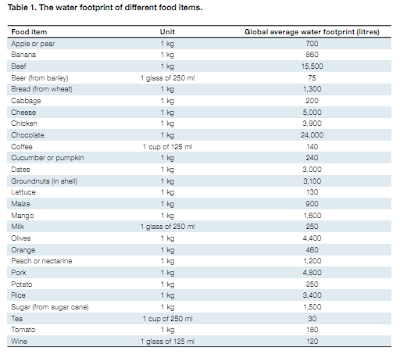There's Power in Nature

The West of Scotland has seen one of the wettest Mays on record, with over double the average rainfall , and June looks to be heading the same way. Not a good omen for hiking and camping in Argyll with children but we persevered. To a point. Our first ambition was to climb the second lowest Munros, Ben Vane, which at 915m just makes it onto the list of Scotland's 3000 ft mountains. We started out from the National Park's Visitor Centre at Inveruglas and hiked up access track leading to the hydro electric dam at Loch Sloy before starting up the mountain itself. After a total of two hours walking in persistently heavy rain, with little prospect of improvement or of a view at the top we had enough of nature and turned back. While the outcome for the day was disappointing, it did show why this is such a good place for a hydro-electric scheme. It is no surprise that over a third of Scotland's renewable electricity comes from hydro schemes, some dating bac...
